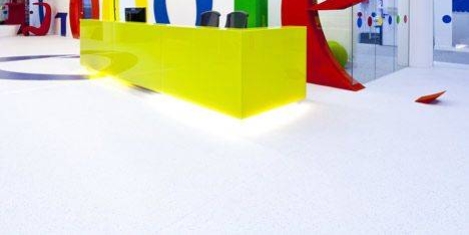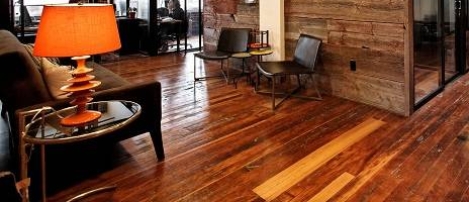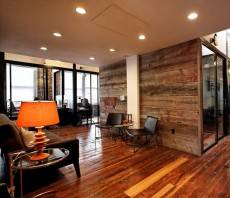April 30, 2016
UK’s best workplaces + Great workplace puzzle + Digital future 0
 In this week’s Newsletter see the latest issue of Work&Place, which features Ian Ellison’s look at the workplace puzzle and what an esoteric Marxist French philosopher can teach us about workspace. Mark Eltringham says that despite debates about technology, culture, buildings and design – it all comes down to the human element; and Sara Bean finds that unlike men, when women start having children, they’re promotion and pay prospects suffers. In news, driverless vehicles will have a significant impact on the real estate sector; evidence that organisations which support mobile technology see a rise in productivity; and a new partnership aims to drive sustainable property development in Europe. The UK’s best workplaces are announced and a new study confirms that the digital future will mean a reliance on physical office space will recede. Download our Insight Briefing, produced in partnership with Connection, on the boundless office; visit our new events page, follow us on Twitter and join our LinkedIn Group to discuss these and other stories.
In this week’s Newsletter see the latest issue of Work&Place, which features Ian Ellison’s look at the workplace puzzle and what an esoteric Marxist French philosopher can teach us about workspace. Mark Eltringham says that despite debates about technology, culture, buildings and design – it all comes down to the human element; and Sara Bean finds that unlike men, when women start having children, they’re promotion and pay prospects suffers. In news, driverless vehicles will have a significant impact on the real estate sector; evidence that organisations which support mobile technology see a rise in productivity; and a new partnership aims to drive sustainable property development in Europe. The UK’s best workplaces are announced and a new study confirms that the digital future will mean a reliance on physical office space will recede. Download our Insight Briefing, produced in partnership with Connection, on the boundless office; visit our new events page, follow us on Twitter and join our LinkedIn Group to discuss these and other stories.








































April 21, 2016
How and why Millennials are shaping the future of remote working 0
by Sara Sutton Fell • Comment, Facilities management, Flexible working, Workplace, Workplace design
More →